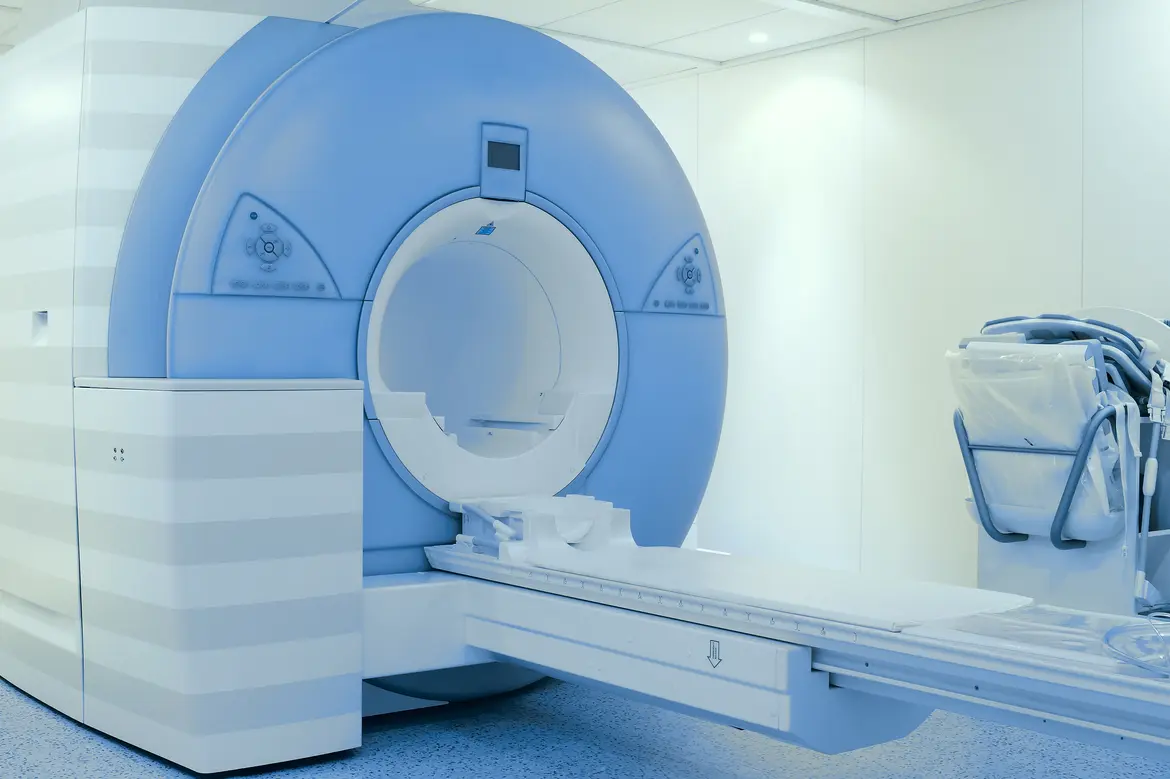Medical literature describes blood in the urine, pain in between the ribs and hips, and lumps as symptoms of kidney cancer, but the reality is that by the time these symptoms occur, the disease is usually already in the late stage. Early kidney cancer has no symptoms.
Late kidney cancers may come with symptoms such as pain and lumps below the ribs and above the hips, blood in the urine, loss of weight and appetite, abdominal bloatedness, anaemia and palpitations. The cancer can spread to other organs including the lungs, liver and bones, causing pain and other disorders in the body system.
What causes kidney cancer?
The causes of kidney cancer remain a mystery. A family history of cancer may predispose an individual to kidney cancer but this is not a common situation. Smoking increases the risk kidney cancer by multiple folds. There is evidence of risks associated with the long term use of certain painkillers. High blood pressure that is poorly controlled also seems to increase the risk of kidney cancer, though this has not been conclusively proven.
Trends of kidney cancer in Singapore
Although the number of kidney cancer cases in Singapore has remained stable in the past decade, there is an increase in the number of early kidney cancers treated.
With no other obvious symptoms, kidney cancers are usually detected during health screenings when small kidney masses are identified. These patients are usually healthy individuals.
Treatment: early versus late stage
The treatment and course of early versus late kidney cancers differ vastly.
Small kidney cancers found incidentally during routine health checks have a high cure rate, with rarely the need for chemotherapy or radiotherapy.
Kidney cancers in their late stages, however, carry a much poorer outcome and management of these cancers is often centred on pain-relief rather than cure.
Treating early kidney cancers: partial nephrectomy
Minimally invasive (MIS) partial nephrectomy has revolutionised the way we manage small, early kidney cancer. Traditionally, patients with kidney cancer will have their affected kidney removed as part of the treatment. In MIS partial nephrectomy, the affected kidney is spared with the surgeon removing only the tumour with a small surgical margin. This procedure has helped preserve kidney tissue. For patients with pre-existing kidney failure, it reduces the chance that kidney dialysis will be necessary in the future.
MIS partial nephrectomy typically involves a short hospital stay and less post-operative pain as the surgical wounds are much smaller than traditional open surgery. Post-operative recovery also tends to be faster than traditional open surgery with the patient getting back to normal activities more quickly.
These benefits of MIS partial nephrectomy are coupled with a good treatment outcome. There is no difference in cure rates between MIS partial nephrectomy and radical nephrectomy where the entire kidney is removed.
Removing kidney tumours
In carefully selected patients, small kidney tumours can also be destroyed with energy devices, eg. radiofrequency ablation (RFA) and cryoablation. The former uses heat and the latter uses freezing to destroy the tumours.
These treatments, when used in carefully selected patients, can attain good long-term cure rates. The challenge remains in the follow up after the procedure to prevent the recurrence of the tumour and the small theoretical risk of the tumour spreading during surgery.
Systemic therapy for kidney cancer
Systemic therapy is treatment that uses substances that travel through the bloodstream, reaching and affecting cells all over the body.
Chemotherapy has little role in kidney cancers. Other systemic treatments like multi-kinase inhibitors have their role in managing late stage kidney disease. Radiotherapy has a role in the local control of kidney cancer spread (within the treated area).
In patients with terminal kidney cancer spreading to the spine or bones, local radiotherapy can reduce the risk of spinal cord compression and diseased fractures caused by cancerous bone destruction.
Detecting kidney cancer early
The most common feature of early kidney cancer is blood in the urine (microscopic haematuria). Blood in the urine is not visible to the naked eye but only detected through urine analysis. Most patients with early stage kidney cancer discover this through routine health checks. As such, patients with microscopic haematuria but without other symptoms must be fully investigated. Initial evaluation of blood in the urine can be done via a range of scans, from ultrasound to CT scan, depending on the risk factors that the patient has.
Prevention
As the causes of kidney cancer remain controversial, there are no definitive ways to prevent the occurrence of the disease.
Some lifestyle measures that help to reduce the risk of kidney tumour include stopping smoking and having good control of your blood pressure. A balanced diet with regular exercise and adequate sleep can also potentially reduce the risk of major cancers.












